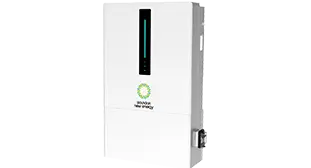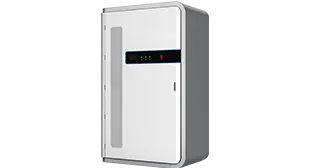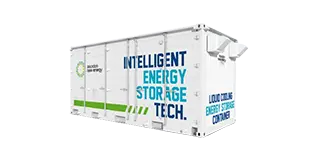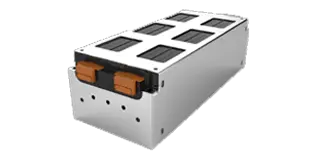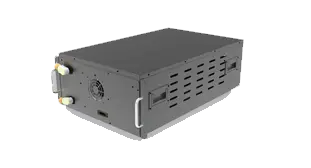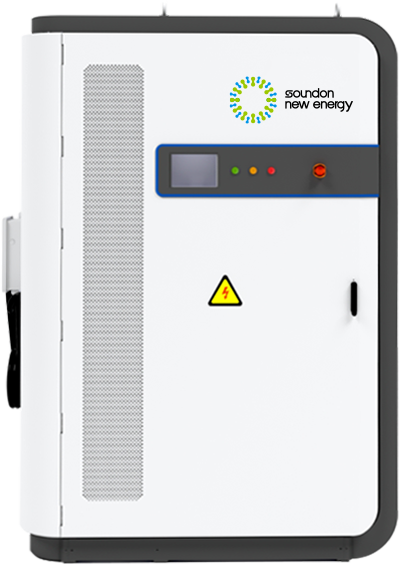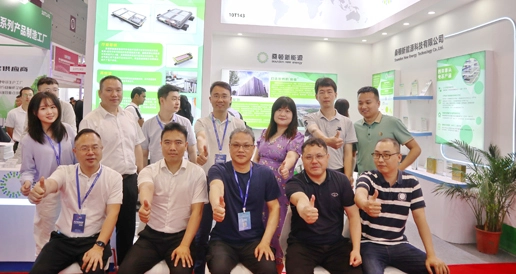The Soundon New Energy battery module serves various functions across multiple applications. It is used in electric vehicles, energy storage systems, and uninterruptible power supplies. Specifically, these modules are integral to electric commercial trucks, medium and high-duty electric trucks, and a range of energy storage systems. In residential settings, they are used in 51.2V100Ah energy storage systems. For larger applications, they are found in outer door energy storage cabinets with capacities of 258KWh and 344KWh, as well as in large-scale energy storage systems with capacities of 3.44MWh and 5MWh.

